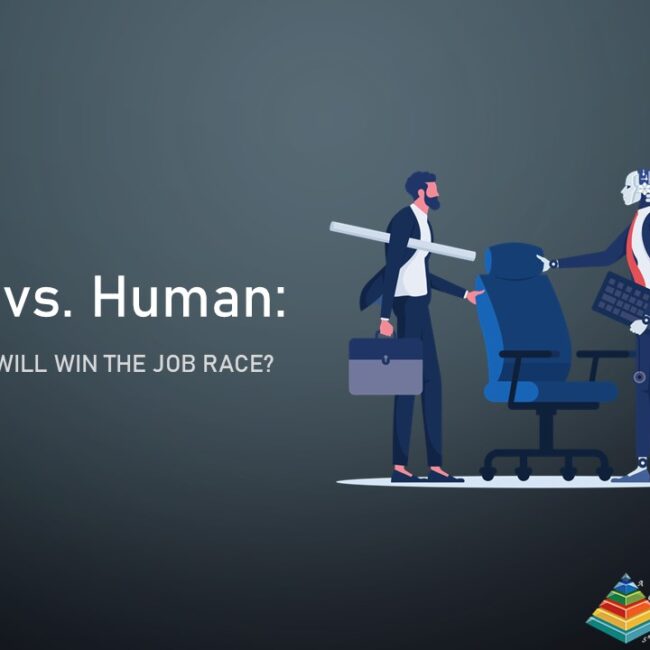
The Future of Mobile App Development: Trends to Watch in 2024
Mobile app development is an ever-evolving field that continually adapts to emerging technologies, changing user expectations, and evolving business needs. As we look ahead to 2024, several key trends are set to shape the future of mobile app development. In this blog, we’ll explore these trends and their potential impact on the industry.
1. 5G Technology and Edge Computing
The rollout of 5G networks is poised to revolutionize mobile app development. The increased speed and reduced latency of 5G will enable apps to provide seamless experiences, especially for data-intensive applications like augmented reality (AR), virtual reality (VR), and real-time multiplayer gaming. Edge computing, which processes data closer to the source (i.e., the “edge” of the network), will further enhance the performance of mobile apps by reducing the need for data to travel long distances to central servers.
2. Artificial Intelligence (AI) and Machine Learning (ML)
AI and ML will continue to play a central role in mobile app development. From chatbots and virtual assistants to recommendation engines and predictive analytics, AI and ML capabilities will become more prevalent in apps. Developers will increasingly leverage pre-built AI and ML models and tools to enhance user experiences and solve complex problems.
3. Augmented Reality (AR) and Virtual Reality (VR)
AR and VR are poised to transform mobile app experiences. The integration of AR and VR in applications like gaming, e-commerce, education, and healthcare is expected to increase. With the growing popularity of AR glasses and VR headsets, developers will create immersive and interactive apps that blur the lines between the digital and physical worlds.
4. Progressive Web Apps (PWAs)
PWAs are web applications that offer a native app-like experience in a browser. They are gaining momentum due to their smaller download size, faster loading times, and cross-platform compatibility. As PWAs become more sophisticated, users may choose them over traditional mobile apps, reducing the need for app store downloads.
5. Voice User Interfaces (VUI)
The adoption of voice-controlled devices like smart speakers and voice assistants is driving the demand for voice-based mobile apps. In 2023, we can expect an increase in VUI-powered apps, allowing users to interact with apps through voice commands, which has the potential to enhance accessibility and convenience.
6. Blockchain and Cryptocurrency Integration
Blockchain technology is finding its way into mobile apps, primarily in financial and security applications. Cryptocurrency wallets and decentralized apps (DApps) are becoming more popular, and mobile app developers are working to integrate blockchain solutions for secure transactions, identity verification, and data privacy.
7. Cybersecurity and Data Privacy
With an increasing focus on data protection and privacy regulations (such as GDPR and CCPA), mobile app developers will prioritize cybersecurity and data privacy in 2023. Implementing strong encryption, secure authentication methods, and robust data protection measures will be essential.
8. Low-Code and No-Code Development
Low-code and no-code development platforms are simplifying app creation, making it accessible to individuals and businesses with limited programming skills. In 2023, these platforms will continue to gain traction, enabling rapid app development and prototyping.
9. Cross-Platform Development Tools
Developers will continue to leverage cross-platform development tools and frameworks like React Native, Flutter, and Xamarin to streamline app development. These tools offer code reusability, reducing development time and costs while supporting multiple platforms.
10. Sustainable App Development
As environmental concerns grow, there will be an increasing focus on sustainable app development practices. This includes optimizing app performance to reduce energy consumption and minimizing the carbon footprint of data centers that support mobile apps.
Conclusion
The future of mobile app development in 2024 is marked by innovation and adaptation to emerging technologies. From the transformative impact of 5G and edge computing to the increasing prevalence of AI, AR, and VR, developers are poised to create more immersive and efficient mobile app experiences. As technology evolves, so will the opportunities and challenges in mobile app development, shaping the landscape for years to come. Developers and businesses that stay abreast of these trends will be best positioned to thrive in the dynamic world of mobile app development.




